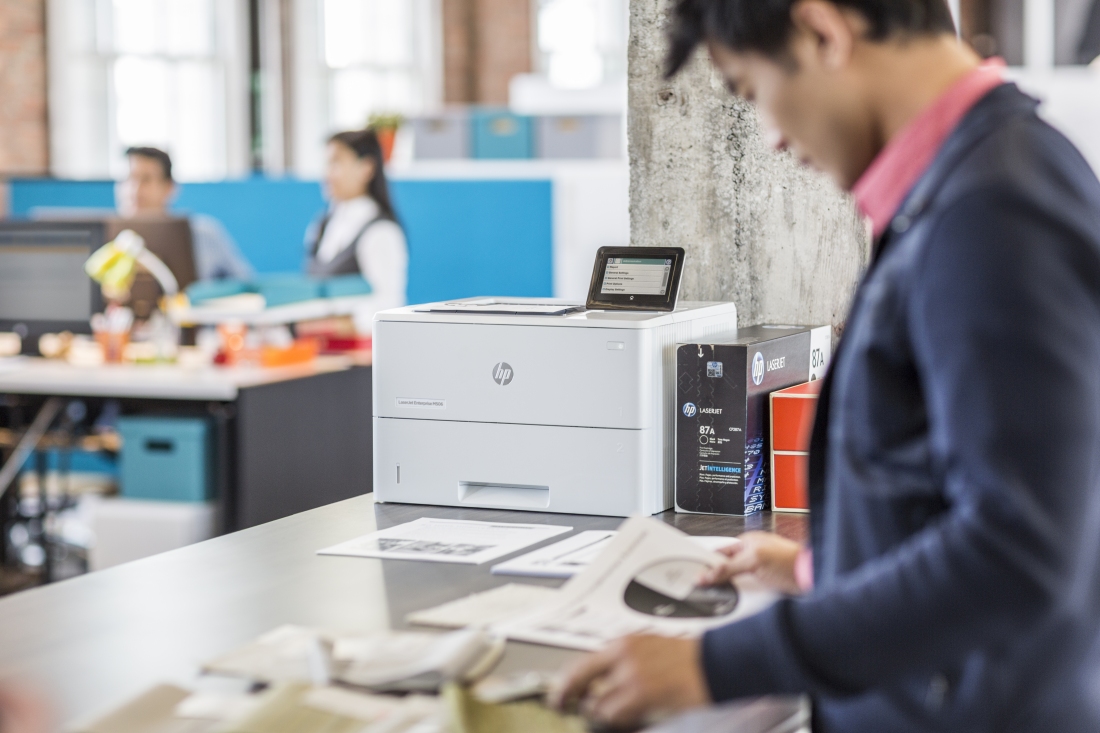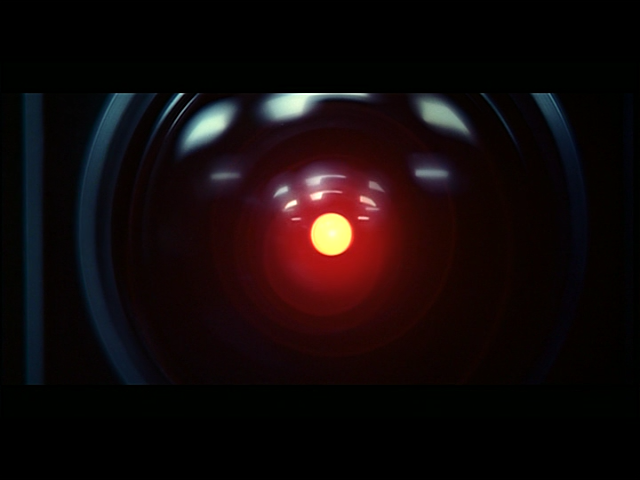- cross-posted to:
- technology@beehaw.org
- cross-posted to:
- technology@beehaw.org
Weirdly enough, everyone else thinks HP equipment is a bad investment.
Prime example that for a publicly traded company the people buying the products are not customers for whom to create value, but a resource to extract value from.
Shareholders are the real customers for whom they create value.
The entire point of maximizing profit is charging the most while expending the least.
It’s a game of seeing how low people’s standards are and trying to lower them even further.
As customers, the secret is to have higher standards. Unfortunately, this generation prides itself on avoiding conflict at all costs so they just take it up the ass and beg for more.
“Every time a customer buys a printer, it’s an investment for us. We are investing in that customer, and if that customer doesn’t print enough or doesn’t use our supplies, it’s a bad investment.”
You hit the nail right on the head. They don’t see their customers as people buying their products, where they typically would be incentivized to deliver a good product at a good price. Instead, they see their customers as people being trapped into some sort of shitty subscription with them, like a cable or cell phone provider.
An HP Printer is a bad investment.
I wouldn’t even use the word investment
My HP 1300n is a beautiful beast of a printer, but I also got it for free and have never put name brand toner in it.
An HP cart is over $200! Meanwhile TrueImage offers theirs for $15/pc.
The first thing they teach you in CEO school is to churn out terrible products with DRM subscription refills where the DRM doesn’t survive more than an hour. That’s why we CEOs all have Juiceros, HP printers, and children who respect us.
Exhibit B on CEOs not being worth the obscene money they make. This dude made $20 million in 2022.
And consumers not being able to choose which ink they purchase makes HP printers a bad investment. It goes both ways. It was nice of them to admit what lengths they’ll go to to force us to use their proprietary ink cartridges though.
I think printer purchasers are an “investment” to the company because they are a loss leader (or close to it)…. Low to no margin to pull you into the shitty ecosystem.
I don’t get why HP continues selling in the consumer market if they are struggling so much to make a profit.It seems like they are trying to force a business model on the wider market that doesn’t work.
The subscription model makes more sense in the B2B world where companies just want fixed costs without doing too much shopping around (for things like printer cartridges anyway).
Maybe they think there’s a large untapped market for home businesses, but I don’t think there are a lot that need to print frequently
[removed]
TIL Customers aren’t customers. Customers are investments.
You say that like it’s a bad thing?
When I buy a jar of peanut butter, if I have a good experience eating it I’m going to buy that brand again. “Investing” in your customers is business speak for making sure your customers have a good experience.
The disconnect here is HP doesn’t seem themselves as being in the “printer” business. They see themselves as being in the ink/paper/repairs business… and they advertise their printers as costing 8.6 cents per page. If you’re happy to pay that much, then I’d argue HP probably is a good choice.
Personally I use a basic Brother laser printer, with cheap paper and cheap toner it comes in at around 1 cent per page. When I need higher quality, I get it printed by a professional printer - those cost quite a bit more than HP’s pricing but I don’t do it often and it’s much higher quality than any (affordable) HP printer.
Investing in customers is not necessarily the same as customers being investments.
I would argue that HP made bad investments in their customers and their customers not being bad investments.
I wonder when someone will come up with a hipstery, fancy-looking printer that sells on the basis of “we don’t give a crap about all that, here’s a bag of ink refills, just pay us more up-front”.
All the tech startups are out there trying to get you into a subscription, I think we’re getting to the point where this is annoying enough that you could sell very expensive, fashionable small-run hardware to people on the basis of not being this.
They’re called laser printers. Ink is for idiots, especially if you only print once in a while.
I’ve been told that this is Brother Printers but I don’t own one as I no longer need a printer. Not sure how accurate but quite a few folk claim Brother is the last bastion of just buying and using a printer with whatever ink you put through it.
I have a Brother laser printer. I print a lot. It just works, it’s cheap and you can use off-brand toner. It’s great!
I bought mine a few years ago, and I’m still on the original toner cartridge.
I don’t use it as often as I thought I would, but my Brother laser printer has served me well.
Yep, i work in it, and for small Printers brother is the only good Option.
if the customer does not print enough
Meaning all home users are a bad investment for HP.
That explains the ink cartridges malfunctioning before giving enough prints. That’s been engineered into them.
What investment are they making in customers? Are they selling something at a loss? Should the FTC BoC ask what exactly they mean here?
Yes, they sell the printer for a loss and the ink for a crazy markup.
Maybe take it as a sign that your product sucks?
Too much subsidized by accessories and usables*
Hp just trying to save the environment by making home printing as painful as possible. It really is a 4d chess move
He’s not wrong. They are bad for their product as a subscription model.
Just like anyone who still buys HP. If you buy HP, you deserve their absolute garbage products.
What do you do when you have the monopoly?
Turn the consumer into the commodity!










